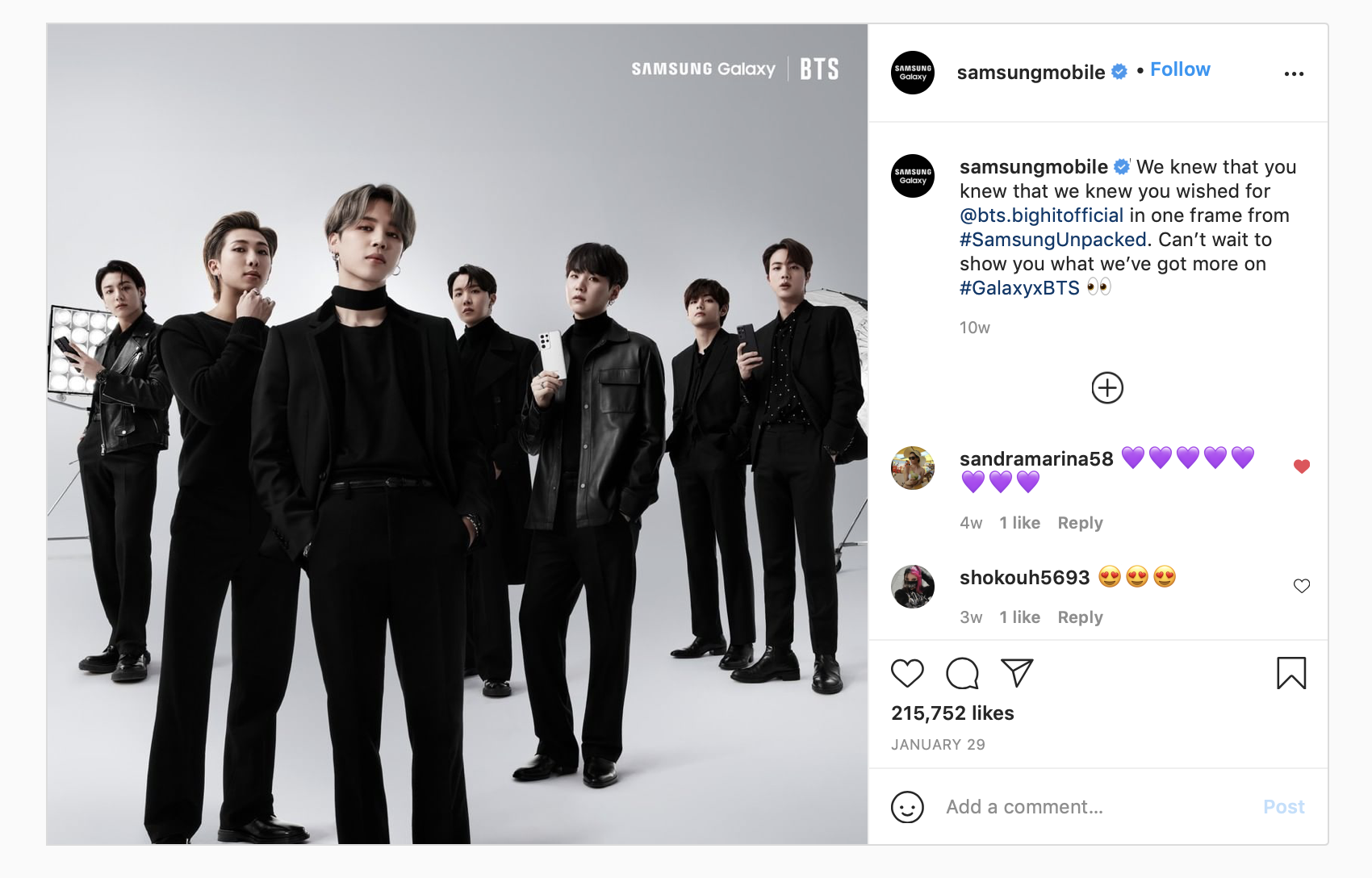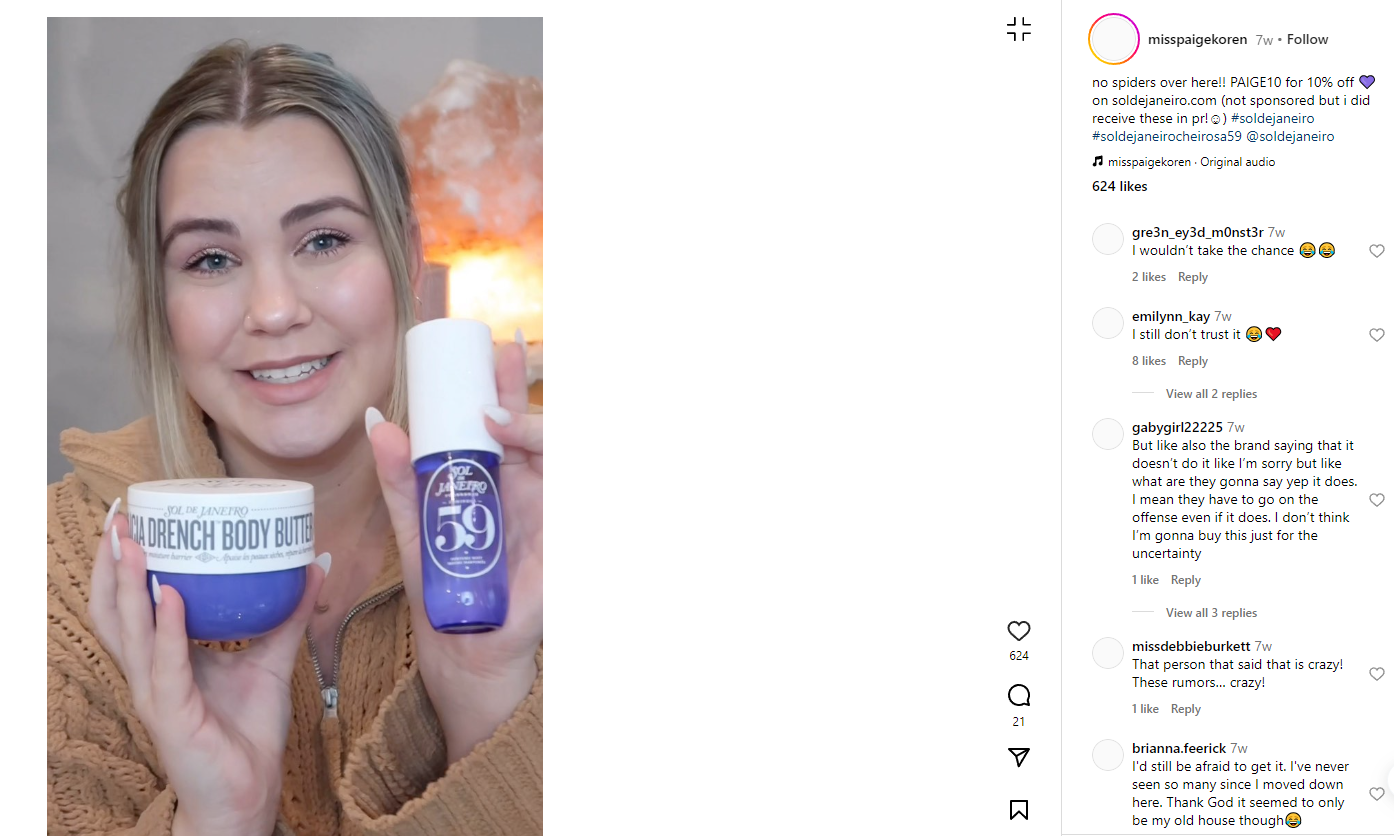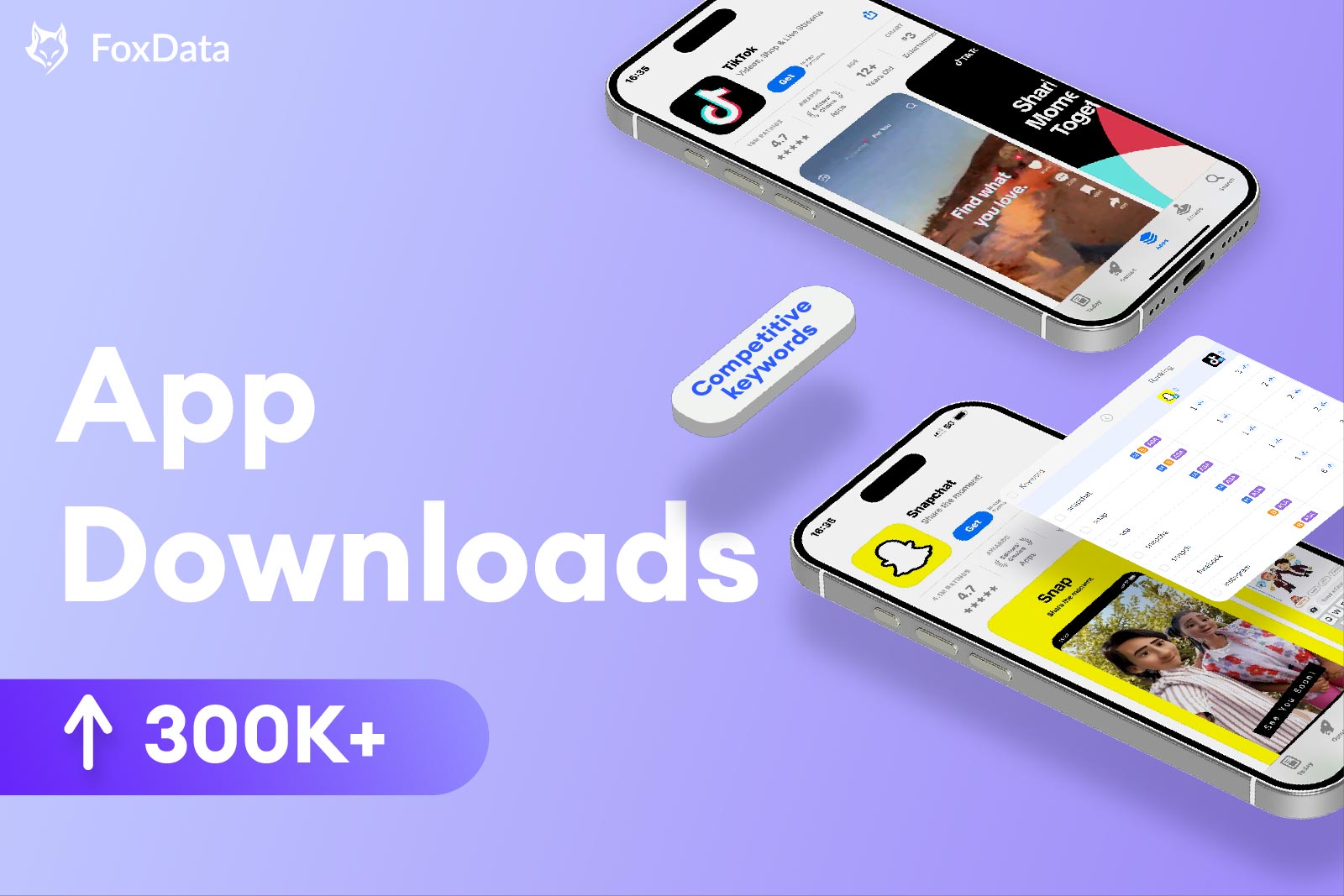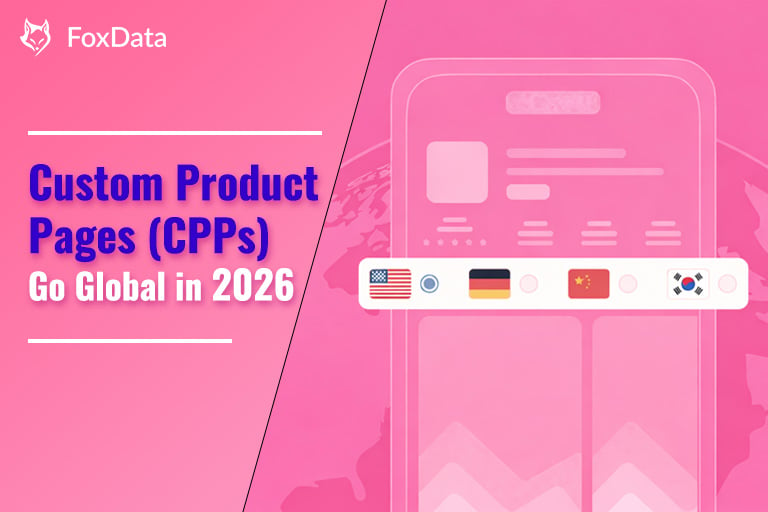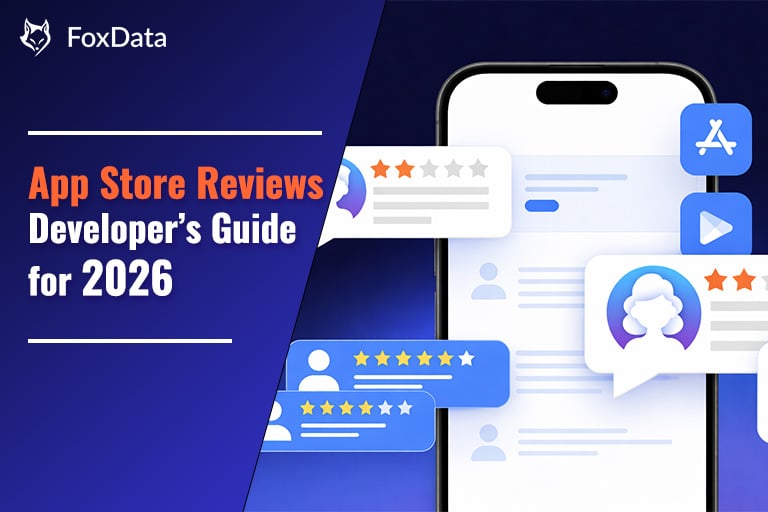How to Amplify Your Business Growth: Unlocking the Power of Brand Ambassador Marketing

Brand ambassador marketing is an influential tool for spreading awareness about your company. Ambassadors embody your brand and maintain its visibility among the public, fostering customer relationships. It's common for ambassadors to start as enthusiasts of your brand, organically supporting your products or services.
To be successful, brand ambassadors need a deep understanding of the company's ethos, values, and offerings. Their alignment with the brand's voice and identity is crucial.
They must convey messages that reflect the company's mission and vision effectively.
For those ready to implement a brand ambassador marketing strategy, we offer a concise guide to equip you with essential knowledge. Dive in and take notes to get started!
What Are Brand Ambassadors?
Brand ambassadors are individuals chosen to represent your brand, its products, services, or associated activities. This group may include influencers, employees, or customers.
A typical brand ambassador promotes your brand across social media, personal blogs, and in their daily lives, driven by genuine appreciation for what you offer.
The Impact of Brand Ambassadors
Recruiting brand ambassadors can elevate brand awareness and recognition, adding a personal touch that boosts customer interaction. Depending on your resources, you can incorporate customers, staff, or celebrities in your campaign.
While you might provide perks to smaller-scale ambassadors, securing celebrities will require a significant investment. Start modestly and scale up as you grow.
Ambassadors can be:
-
Loyal Fans: Committed to your brand, these individuals, often customers or employees, can be effective even with a smaller online presence. They may volunteer their services in exchange for product samples.
-
Influencers: With substantial social media followings, these online personalities can endorse your products or services for a fee without making large purchases.
Types of Ambassador Programs to Consider
Requirement-Driven Brand Ambassador
These formal programs set specific tasks for ambassadors, like a quota of social media posts or mentions. They offer control over spending and can be adapted across industries.

Affiliate Brand Ambassador
Focused on sales, these ambassadors use personalized links to track and earn commissions on sales they generate.
Informal Brand Ambassador
An open-ended approach, informal programs invite anyone passionate about your brand to participate without strict terms or significant monetary rewards.
College Brand Ambassador
Targeting the 18-25 demographic, these programs leverage the natural networking environment of colleges to spread brand awareness, often with merchandise as compensation.
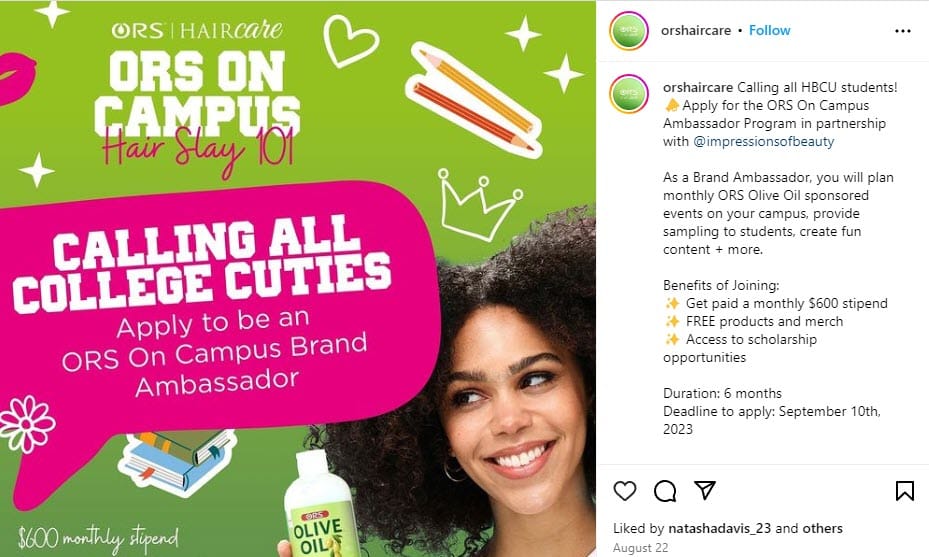
Why is Brand Ambassador Marketing significant?
Brand ambassador marketing excels in connecting with an audience that already values your brand, fostering authentic engagement.
In an era where traditional marketing is met with skepticism, ambassador endorsements are perceived as more credible. Ambassadors share their genuine experiences, resonating with potential customers and leveraging established relationships.
Moreover, ambassadors are often loyal consumers eager to support your success, even without formal requests. This dedication makes long-term partnerships with ambassadors a strategic move for advertisers, offering:
- Consistent and believable endorsements from familiar faces.
- A wealth of content for advertising and social media.
- Continuous engagement and brand presence.
- Regular communication to keep your brand front and center.
- Cost and time savings compared to one-off campaigns.
When partnering with brand ambassadors, select carefully. They represent your brand, so their performance directly affects your credibility. Conduct thorough research and establish clear guidelines and responsibilities to avoid pitfalls.

👏Expert Tips: Aside from physical products that require brand ambassador marketing, apps may also use brand ambassador for promotional efforts, particularly those seeking to enhance brand awareness, expand their user base, or establish a connection with specific target audiences. Take, for example, China's Tencent-owned WeTV. On the occasion of its second anniversary overseas, WeTV partnered with four global ambassadors, integrating a wealth of international collaborative resources to further strengthen platform recognition and market expansion. It has now become one of the top three streaming platforms in several Southeast Asian markets.
How to Craft a Robust Brand Ambassador Marketing Program
Launching a brand ambassador marketing program is a straightforward process that begins with identifying individuals who can bolster your marketing efforts.
👏Expert Tips: Recognizing brand ambassadors is not just about influence. These advocates should not only possess the necessary influence but also align with your brand's core values to enhance your marketing initiatives.
Establishing Clear Objectives
Before engaging potential brand ambassadors, it's imperative to set specific and attainable goals for your program. These objectives might range from increasing brand awareness and revenue to expanding market reach and enhancing social media presence. Aligning with ambassadors who have similar personal goals, such as growing their own following or earning additional income, is beneficial.
Selecting the Right Ambassadorship Program
Evaluate the four ambassadorship program types discussed earlier, weighing their unique benefits and requirements. Your choice should align with your brand's objectives, budget, and available resources.
Defining Standards and Expectations
Determining your ideal brand ambassador involves setting criteria that reflect your brand's image and values. Brand ambassadors can be anyone who loves your brand, including customers, employees, or industry professionals. They often fall into one of these categories:
-
Enthusiasts: Passionate about your offerings, these individuals are naturally inclined to spread the word, especially during live events and experiential marketing.
-
Experts: Their authoritative knowledge can lend credibility to their recommendations, making them particularly suitable for specialized industries.
-
Peers: Approachable and relatable, they can effectively connect with your target audience.
-
Celebrities: Their broad reach can significantly amplify your message, but be wary of potential insincerity.
Developing guidelines for your brand ambassador program communicates a commitment to a lasting partnership and sets the expectations for how ambassadors should represent your brand.

Identifying and Recruiting Ambassadors
Unlike referral or affiliate programs, brand ambassadors should be carefully selected to represent your brand authentically.
To find potential ambassadors, consider:
-
Social Media Search: Look for brand-related posts or tags on social platforms.
-
Software Tools: Utilize technology to streamline the search for brand mentions and manage ambassador relationships.
-
Customer Data: Analyze your existing customer base for potential ambassadors who exhibit loyalty.
-
Influencer Marketing Platforms: Leverage these platforms to identify candidates with the right audience and engagement metrics.
-
Application Forms: Invite interested individuals to apply, which helps gauge their enthusiasm and fit for the role.
Incentivizing and Supporting Ambassadors
Offering rewards and recognition can keep ambassadors motivated. Incentives need not be expensive; even non-monetary perks can be effective. Communicate the reward structure clearly, and acknowledge their achievements to foster a sense of belonging.
Tracking and Measuring Success
Once your program is active, monitor various metrics to assess its impact. Use analytics software to track posting frequency, engagement rates, and other key performance indicators. This data will help refine your strategy and ensure the program's success.

Dive into the latest global app delisting data to uncover key trends, platform insights, and what app removals reveal about the app market in November 2025.
Conclusion
A successful brand ambassador program requires strategic planning and thoughtful execution. By carefully selecting ambassadors who genuinely endorse your brand and providing them with the tools and motivation to succeed, you can leverage their influence to achieve your marketing goals. The key to a fruitful program lies in choosing the right type of ambassadorship, planning effectively, and empowering your ambassadors.
For additional insights and guidance, explore our blogs.
Now just join FoxData and embark on a journey of marketing excellence as we unveil the latest industry news and trends, unveil powerful growth strategies, and present cutting-edge measurement solutions.


